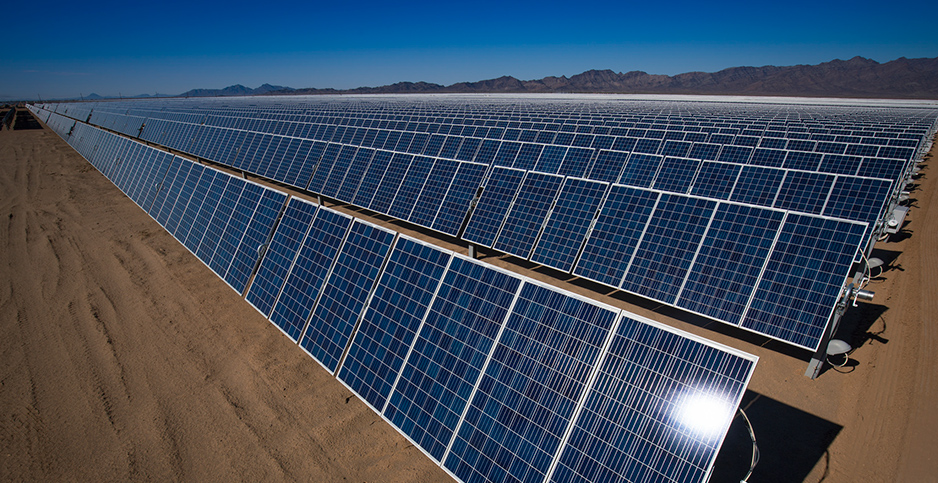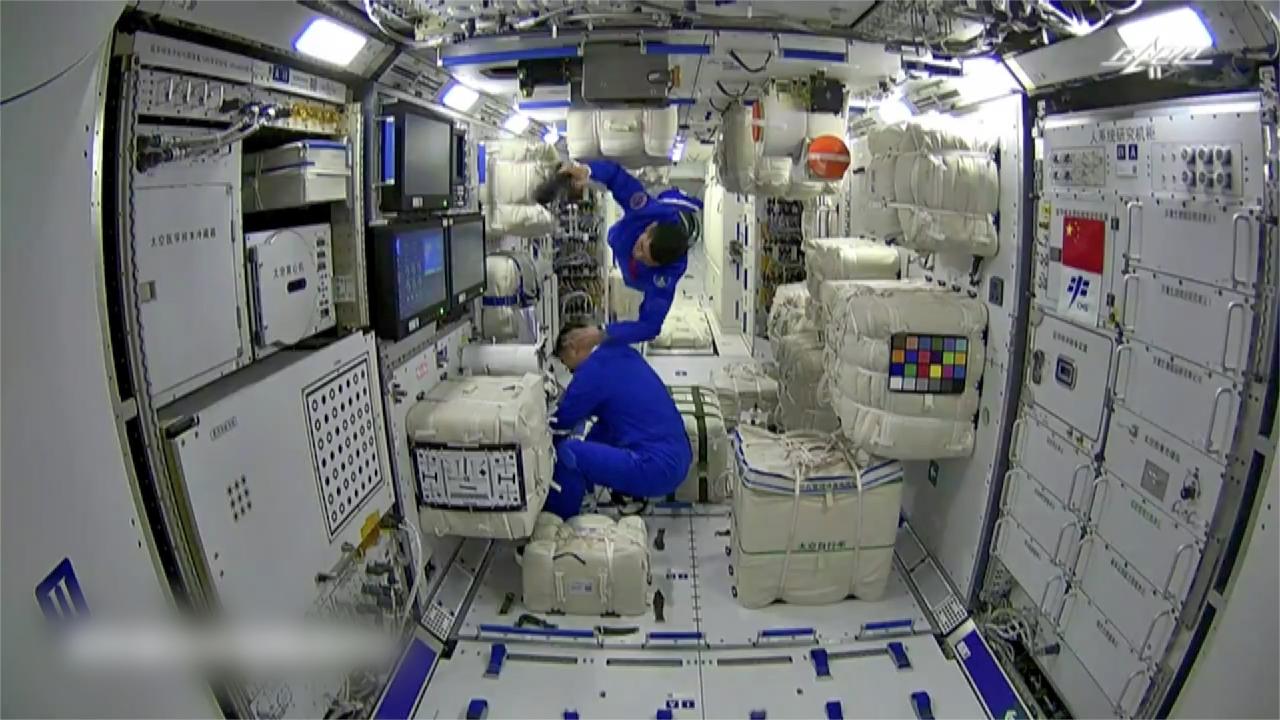The Pentagon will install solar panels to increase renewable energy production and use. This multimillion-dollar program improves the Pentagon’s energy resilience, reducing cyberattack and grid failure risks. Brendan Owens, assistant secretary of defense for energy, installations, and environment, stressed the importance of this station in maintaining the Pentagon’s power supply during outages.

Pentagon Powers Up Historic Landmark Goes Green with Solar
The Pentagon will also use solar thermal panels and heat pumps to cut its use of natural gas and oil. This diverse strategy supports clean energy goals and reduces environmental impact.
Since the Pentagon is a national landmark, it presents unique challenges. Thus, solar panel installation must meet visual requirements to balance renewable energy with historic architecture.
This clean energy effort includes 31 government locations beyond the Pentagon. The combined efforts should provide 27 megawatts of clean energy capacity. Energy upgrades help Washington, Tennessee, and Georgia naval installations. Solar panels and battery storage will also be installed at Energy, Commerce, Transportation, and NOAA’s Mauna Loa observatory in Hawaii.
READ ALSO: Mysterious Discovery: Enormous Volcanic Superstructure Lurks Beneath Pacific Ocean
Solar Shield: Pentagon’s Clean Energy Boost to Weather Environmental Challenges
Last year, a lava flow from the Mauna Loa volcano cut transmission lines and covered access roads, forcing a power outage at the observatory, which measures atmospheric CO2. Installing solar panels and battery storage will strengthen the facility’s resistance to such catastrophes and maintain environmental monitoring.
The Biden administration supports clean energy spending. Therefore, this Pentagon project is significant. The program’s focus on varied government locations emphasizes energy efficiency, carbon footprint reduction, and critical infrastructure resilience.




